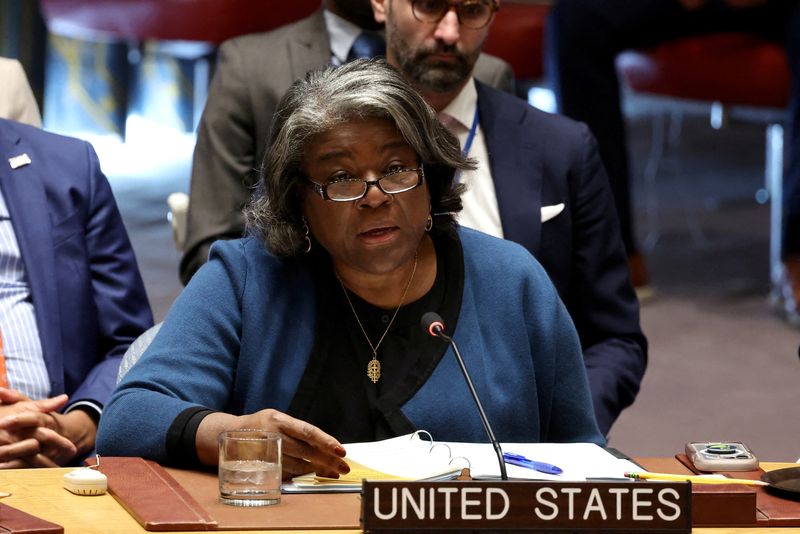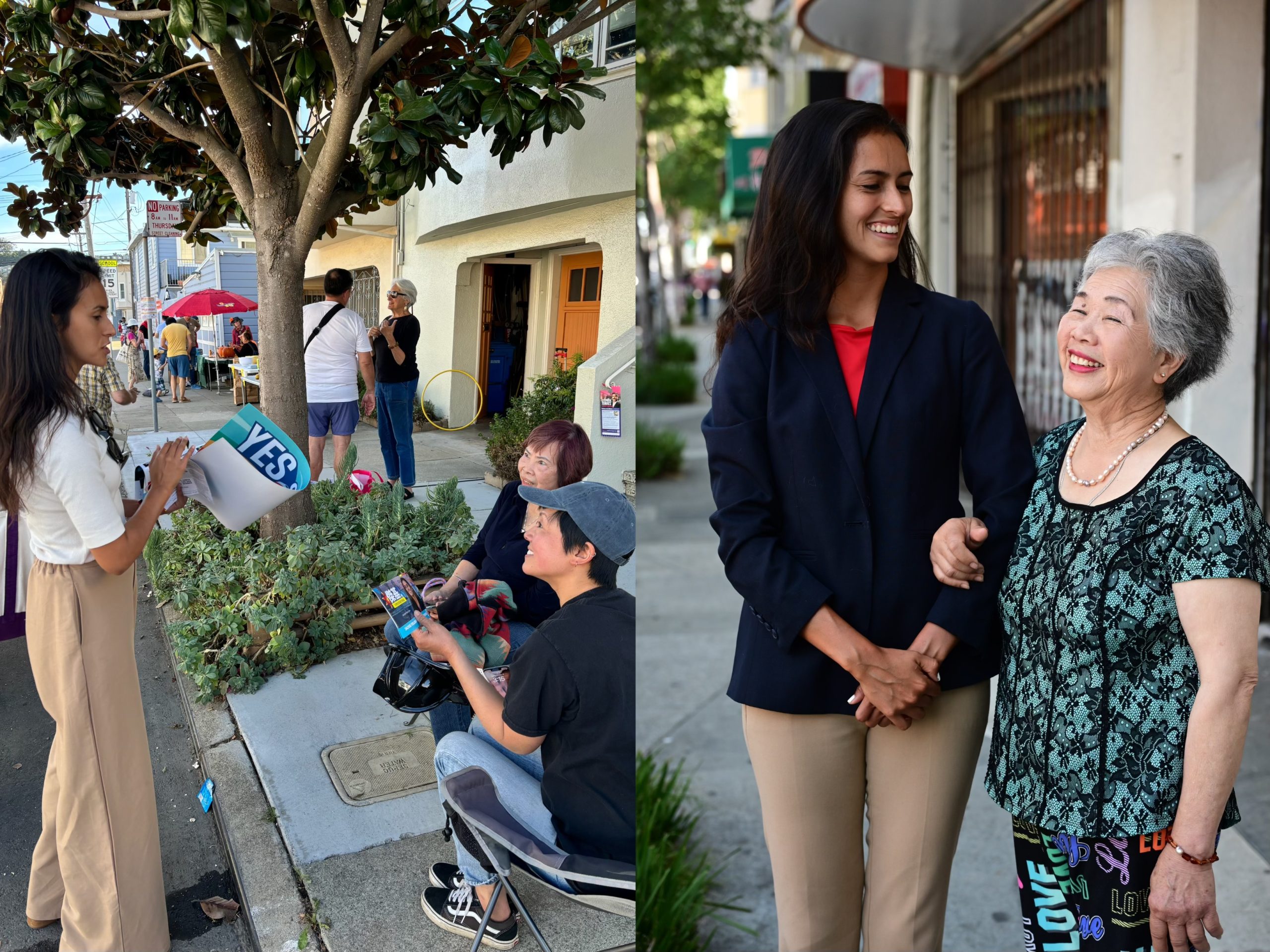[ad_1]
By Michelle Nichols
UNITED NATIONS (Reuters) – The United States voiced alarm at the United Nations Security Council on Wednesday that Russia was close to accepting a nuclear-armed North Korea, as Moscow and Pyongyang defended their growing cooperation.
Russian Foreign Minister Sergei Lavrov said in September that Moscow viewed the notion of “denuclearising” North Korea as a closed issue, as it understood Pyongyang’s logic of relying on nuclear weapons as the foundation of its defence.
Trusted news and daily delights, right in your inbox
See for yourself — The Yodel is the go-to source for daily news, entertainment and feel-good stories.
“Alarmingly, we assess that Russia may be close to accepting North Korea’s nuclear-weapons program, reversing Moscow’s decades-long commitment to denuclearize the Korean Peninsula,” said U.S. Ambassador to the U.N. Linda Thomas-Greenfield.
“We believe that Moscow will become more reluctant not only to criticize Pyongyang’s development of nuclear weapons, but also further obstruct passage of sanctions or resolutions condemning North Korea’s destabilizing behavior,” she said.
South Korea and Britain both criticized Lavrov’s remarks, saying he had undermined the global non-proliferation regime. Britain’s Deputy U.N. Ambassador James Kariuki described Lavrov’s comment as a “reckless departure from the agreed principle of complete, verifiable and irreversible disarmament.”
Russia’s U.N. Ambassador Vassily Nebenzia did not reference North Korea’s nuclear program when he addressed the council. He defended the growing cooperation between Moscow and Pyongyang as Russia’s sovereign right.
“Russian cooperation with the DPRK … is in accordance with international law, not in violation thereof,” he said, using the acronym for North Korea’s official name. “This is not directed against any third countries. It does not pose any threat to states in the region or the international community, and have no doubt we will continue to develop such cooperation.”
Russia has forged closer diplomatic and military ties with North Korea since invading Ukraine in February 2022 and Russian President Vladimir Putin and North Korean leader Kim Jong Un have visited each other’s countries.
Russia is using North Korean troops to battle Ukrainian forces holding an enclave in Russia’s Kursk region.
North Korea’s U.N. Ambassador Kim Song described the closer ties with Russia as a “positive contribution to international peace and security.” Citing what Pyongyang sees as a U.S.-led nuclear-based military bloc in the region, he also said: “Outbreak of the nuclear war in Northeast Asia is no longer a possibility, but a matter of time.”
South Korea’s U.N. Ambassador Joonkook Hwang warned the Security Council to “expect further uncertainties looming over the horizon” ahead of U.S. President-elect Donald Trump taking office for a second term next month.
“North Korea has a history of provocative actions during U.S. presidential transitions, designed to grab attention, raise the stakes and set the stage for direct negotiations with the new U.S. administration,” Hwang said.
“This pattern can recur within the upcoming months. This time it could be another ICBM (intercontinental ballistic missile) or military satellite launch or even its seventh nuclear test,” he said.
North Korea has been under U.N. Security Council sanctions since 2006, and the measures have been steadily strengthened over the years with the aim of halting Pyongyang’s development of nuclear weapons and ballistic missiles.
(Reporting by Michelle Nichols; Editing by Rod Nickel)
[ad_2]
Source: www.yahoo.com



